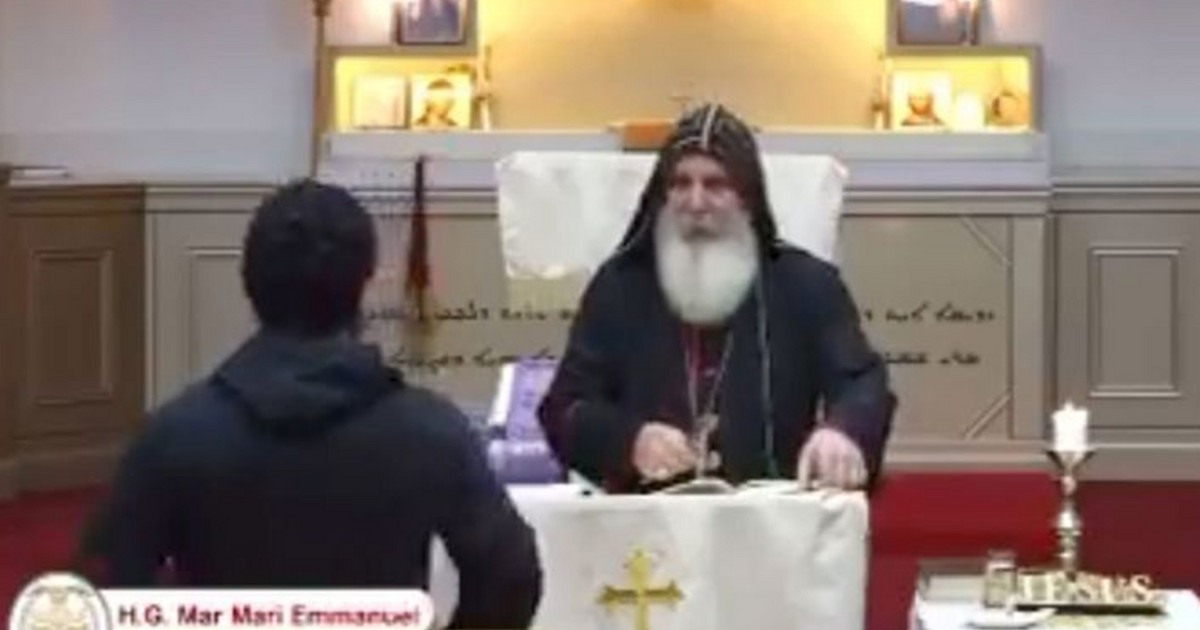The Proposed Amendment to the Constitution (PEC) 206/2019 proposes to charge tuition at public universities. The idea is that institutions use the funds raised for costing debts, such as water and electricity, and that the free tuition is maintained for students who do not have the socioeconomic conditions to bear the costs. The monthly amount would be defined by the Ministry of Education (MEC).
The PEC was on the agenda of the Committee on Constitution and Justice and Citizenship (CCJ), of the Chamber of Deputies, this Tuesday (24). But, according to the rapporteur, federal deputy Kim Kataguiri (União Brasil-SP), it should be postponed to next week.
The CCJ needs to assess the admissibility of the proposal. That is, if the PEC does not violate the stony clauses of the Constitution.
If admitted, it has merit analyzed by a special commission, which can change the original proposal – with a period of 40 sessions for voting. Only then does she go to the plenary of the Legislative House.
As it is a PEC, approval depends on the favorable votes of 3/5 of the deputies (308), in two rounds.
After approval in one House, it is sent to the other, in this case, the Senate. If approved, it is promulgated in the form of a constitutional amendment – if there is a substantial change, not only in the wording, it returns to the House of origin.
Author of the proposal, federal deputy General Peternelli (União Brasil-SP) justifies the change in article 206 of the Constitution based on the report A fair adjustment – proposals to increase efficiency and equity in public spending in Brazil, prepared by the World Bank in 2017.
The entity’s study says that Brazilian spending on public higher education students is “much higher” than that of countries like Spain and Italy, for example.
Peternelli, who is among the supporters of President Jair Bolsonaro, wrote that “the majority of students at these universities end up coming from private schools and could pay the tuition”.
“It would not be right for the whole of society to finance the study of young people from the upper classes.” The PEC is reported by deputy Kim Kataguiri (União Brasil-SP).
“Generalized gratuity, which does not consider income, generates very serious distortions, causing rich students – who obviously had a more solid training in basic education – to occupy the available places in the entrance exam to the detriment of the poorest population, precisely the one that most you need higher education to change your life story”, continues the justification.
This Monday (23) the Estadão showed that the Villas Bôas, Sagres and Federalista Institutes presented their Project for the Nation, Brazil in 2035. The document, among other points, provides that the middle class must pay tuition at public universities.
In the last decade, the implementation of socioeconomic and racial quotas has brought students with a more vulnerable socioeconomic profile to universities.
A 2018 survey by the National Association of Directors of Federal Higher Education Institutions (Andifes) indicates that 70.2% of students are in the per capita monthly family income range of 1.5 minimum wage.
Students who attended high school in public schools were the absolute majority (64.7%) – those who attended private schools represented 35.3%.
In social networks, entities such as the National Union of Students (UNE) and the National Association of Graduate Students (ANPG) criticized the proposal. “We won’t pay anything! A public, free and quality education is a right guaranteed by our Constitution!”, wrote UNE on social media.
Also on social media, the leader of the PSOL in the Chamber, deputy Sâmia Bomfim (SP), refuted the argument that supports the PEC. “Against the lies of those who want to destroy the public and free university, spread the truth: most students at federal universities are low-income! #PEC206No”, wrote the parliamentarian on Twitter.
Rapporteur of the proposal, Kataguiri considers the repercussion of the PEC “excellent”. “The more debated this project is, the better. Even because there are still 40 special commission meetings if it is approved”, said the deputy to the Estadão/BroadcastGrupo Estado’s real-time news system.
He also stated that he still needs to feel the atmosphere of the plenary to know if the project can advance even in an election year.
Kim Kataguiri voted in favor of admitting the PEC
Peternelli says that, to guarantee free access to those who need it, evaluation commissions would need to create records of people who will have this right.
The MEC, in turn, should establish ranges of minimum and maximum values. “Ideally, the maximum tuition fee could be the average of the amounts charged by private universities in the region and the minimum amount would be 50% of this average. But this will be the subject of further studies”, adds the deputy.
The rapporteur of the proposal, in two opinions, voted in favor of the PEC – that is, for its constitutionality, legality, good legislative technique and its admissibility.
“We are not eliminating public higher education, much less the free modality. Gratuity will continue to exist, but it will be restricted to students who need it”, defended the rapporteur.
Kataguiri said he believes that charging some students for tuition is not a “setback”. “On the contrary, it is a matter of honoring the general rule of equality – this very solid clause – which determines, with regard to the contributions of people to the State, that each one contributes according to their financial capacity.”
Source: CNN Brasil






